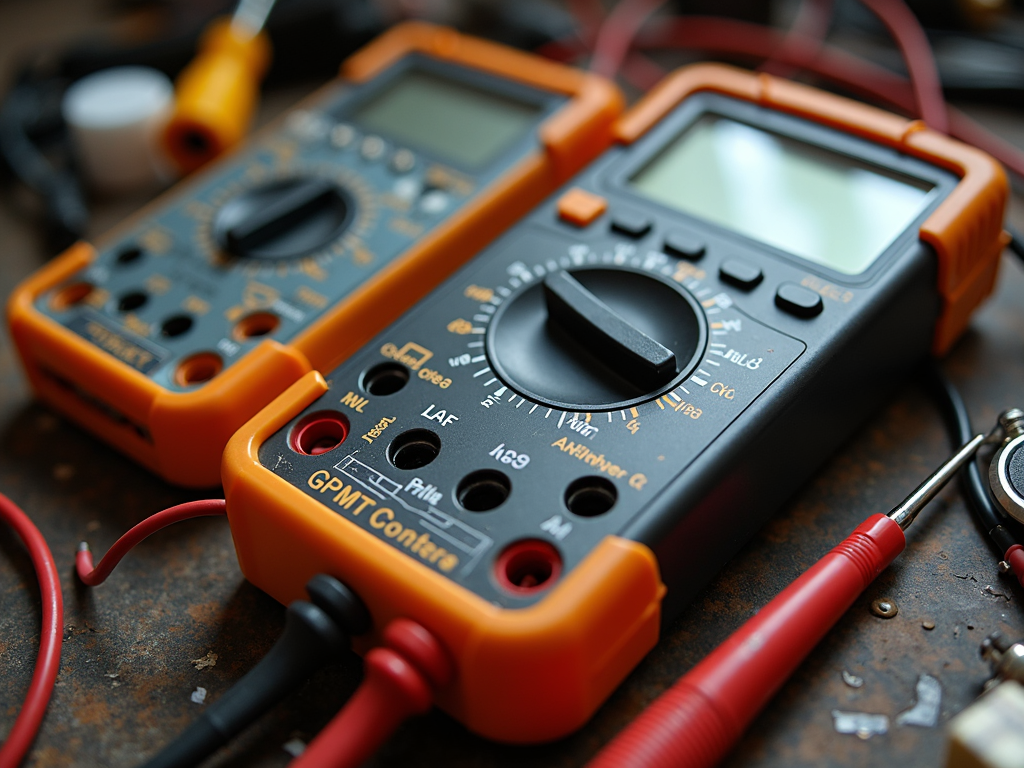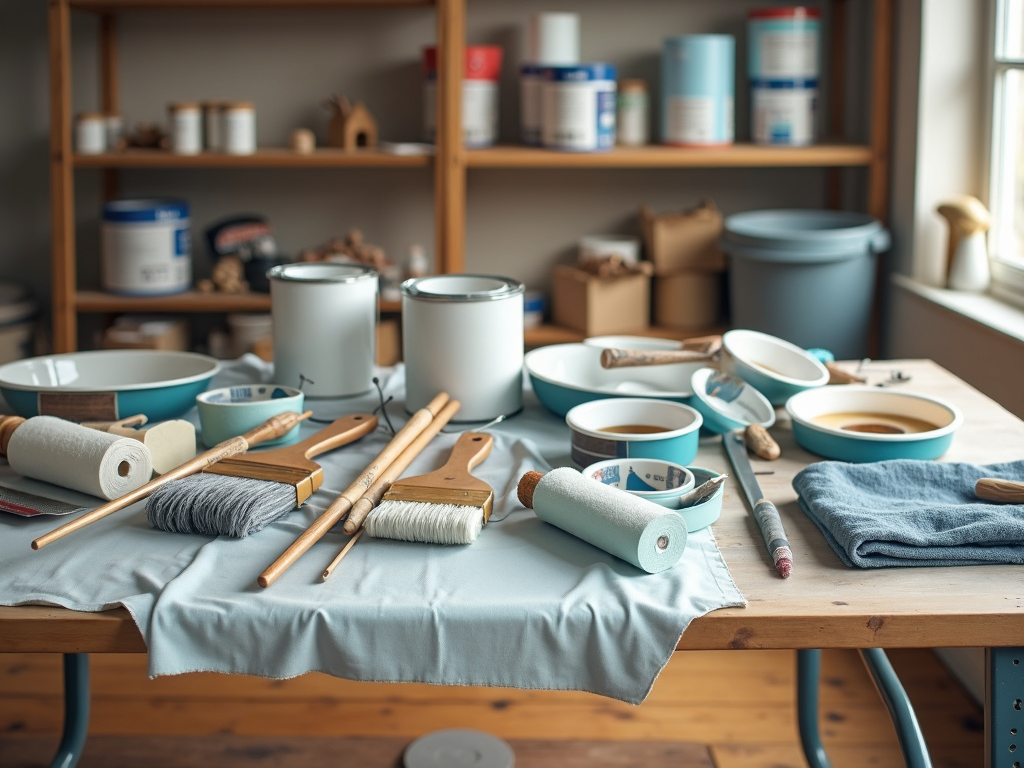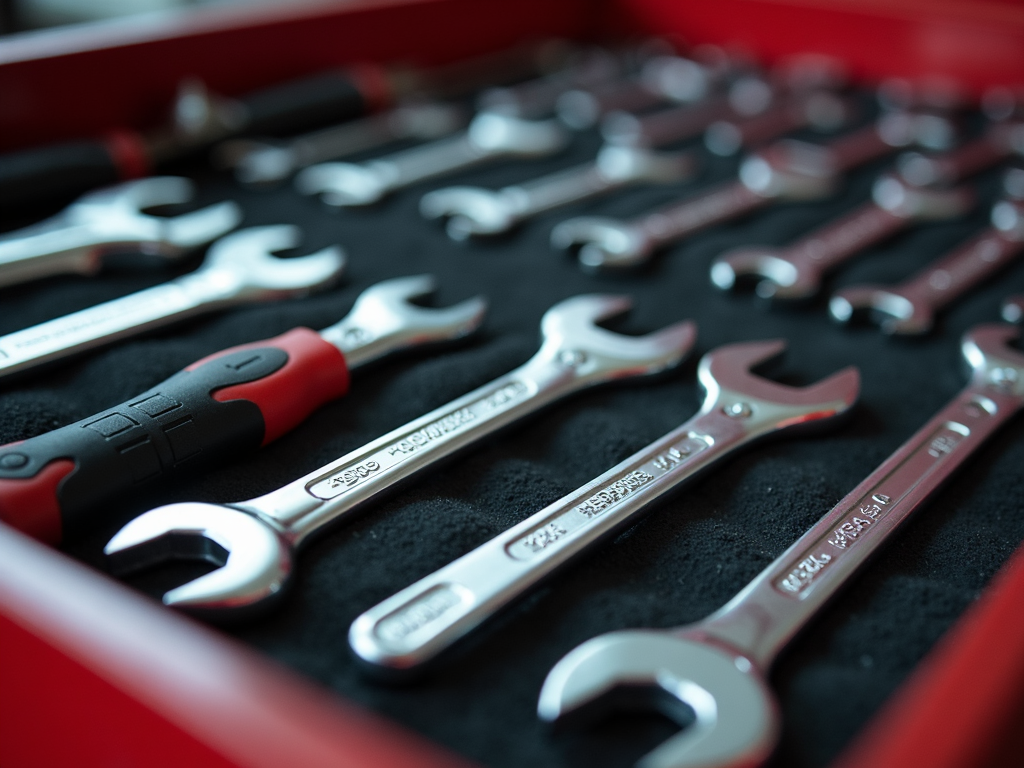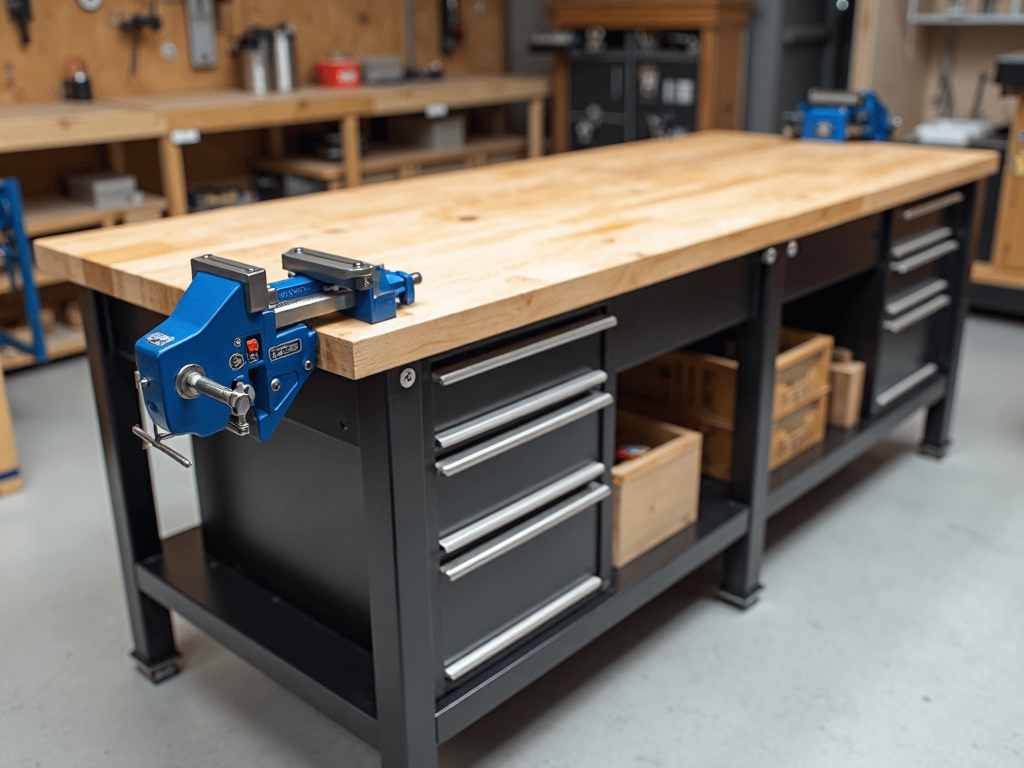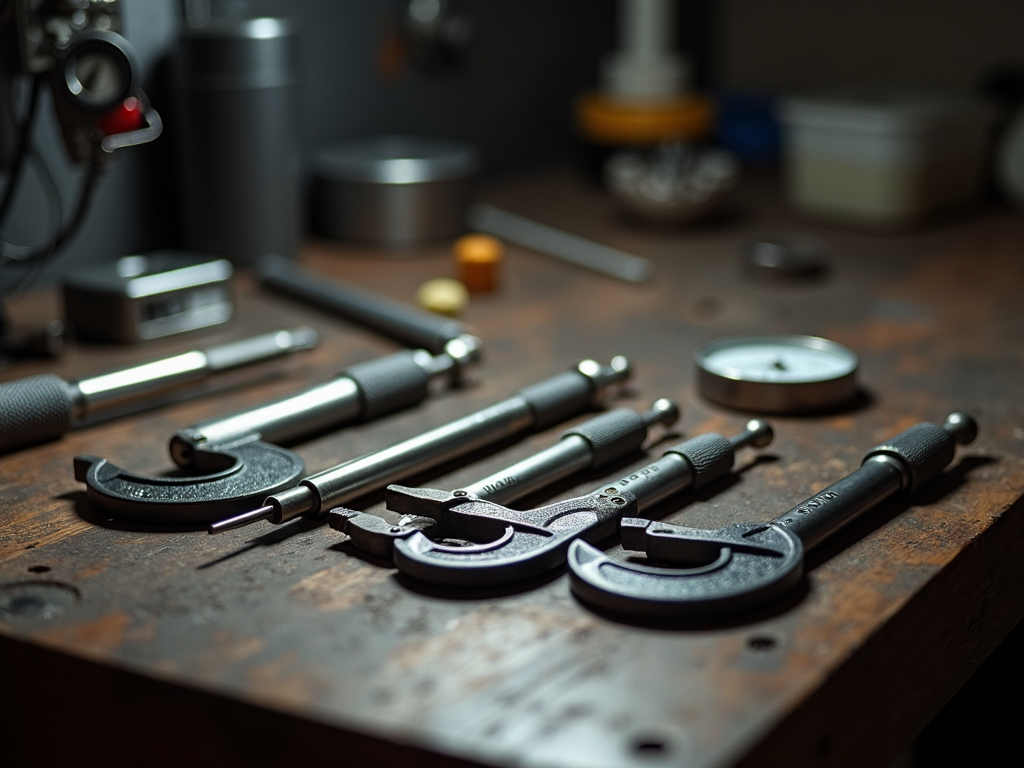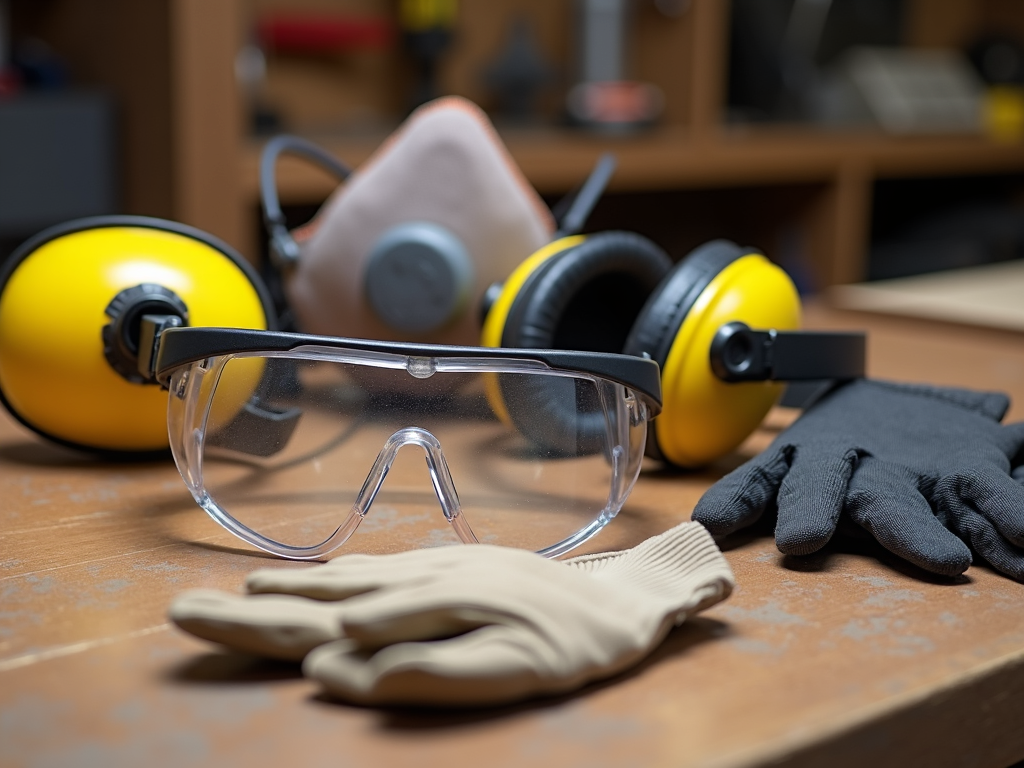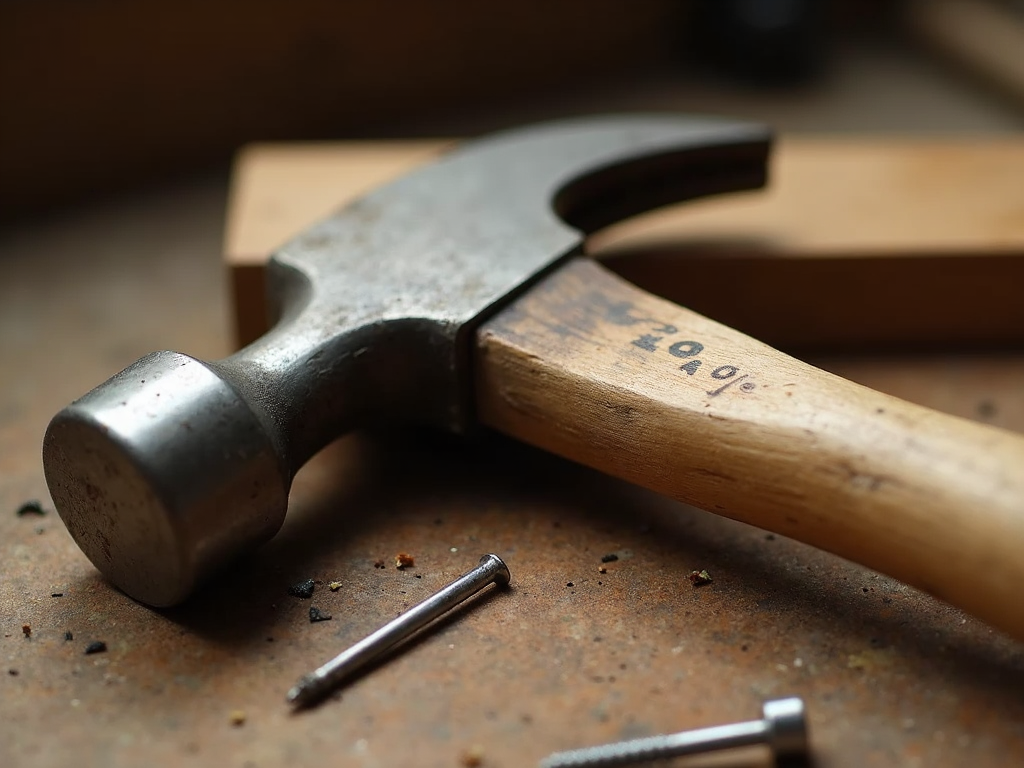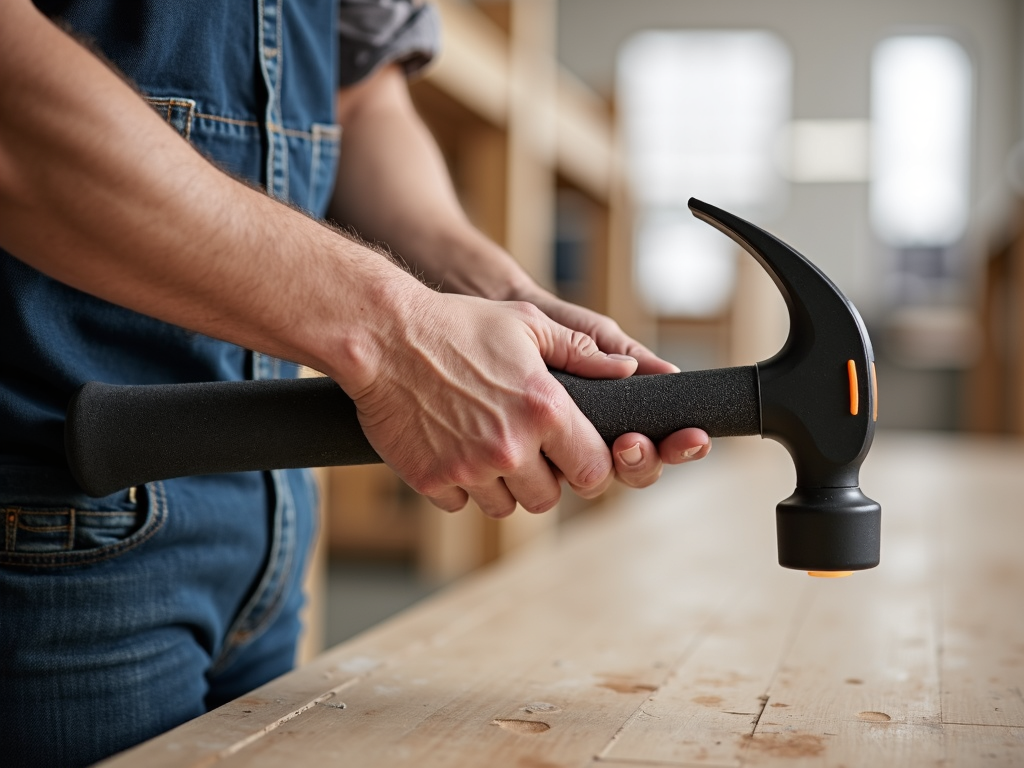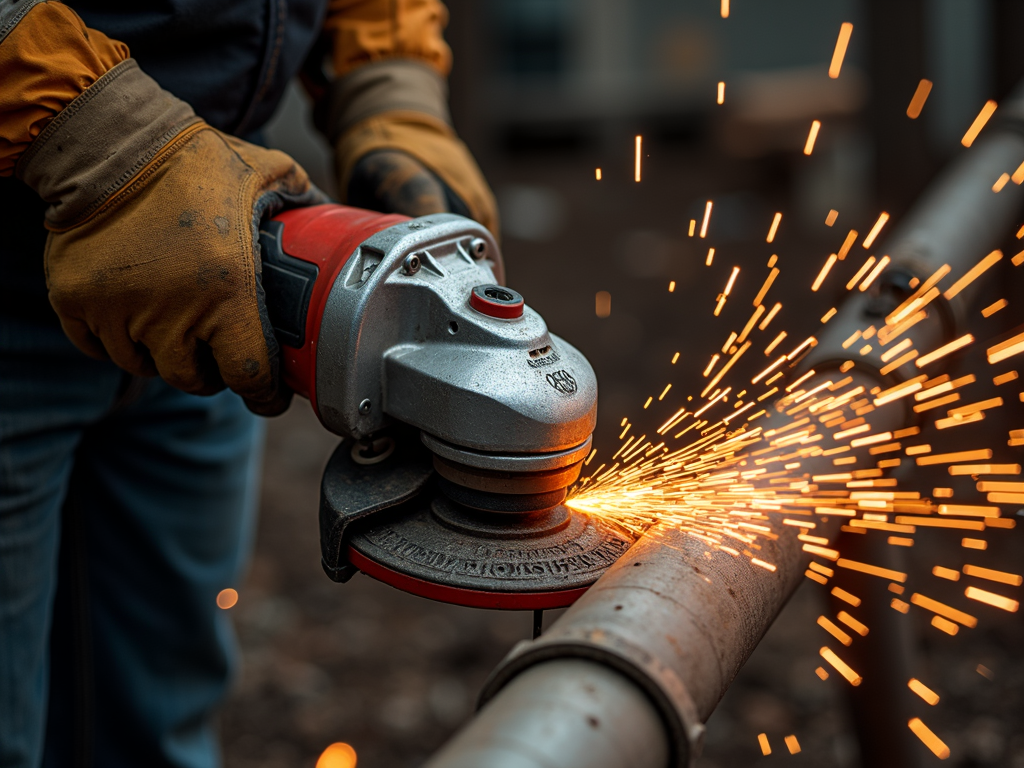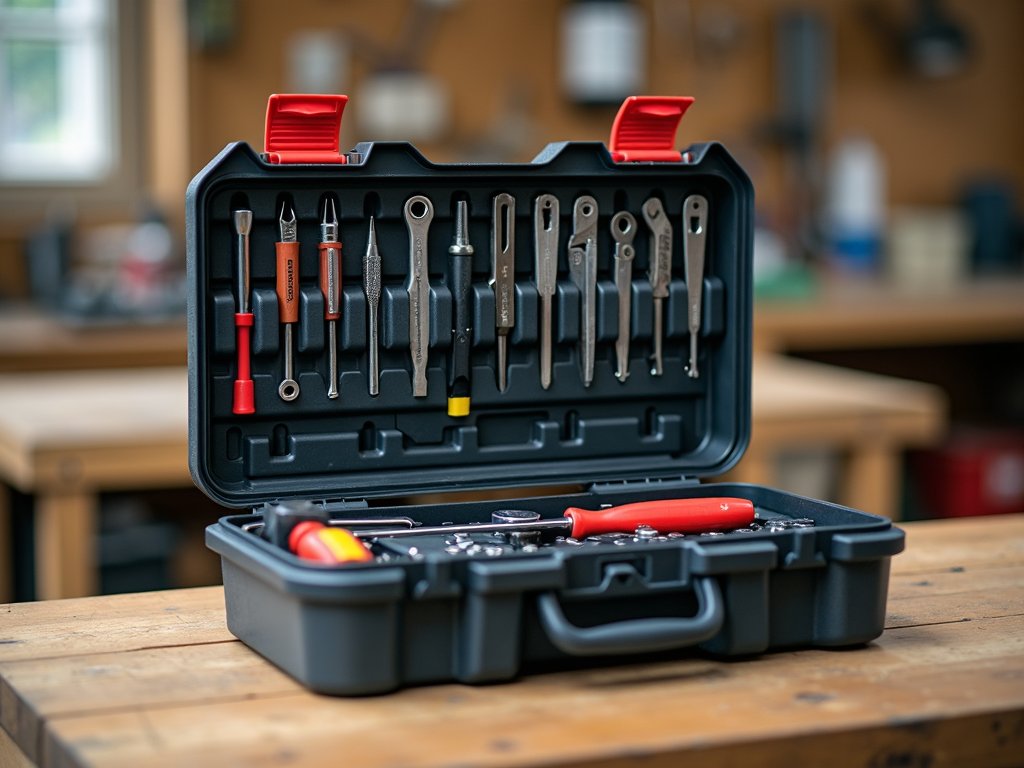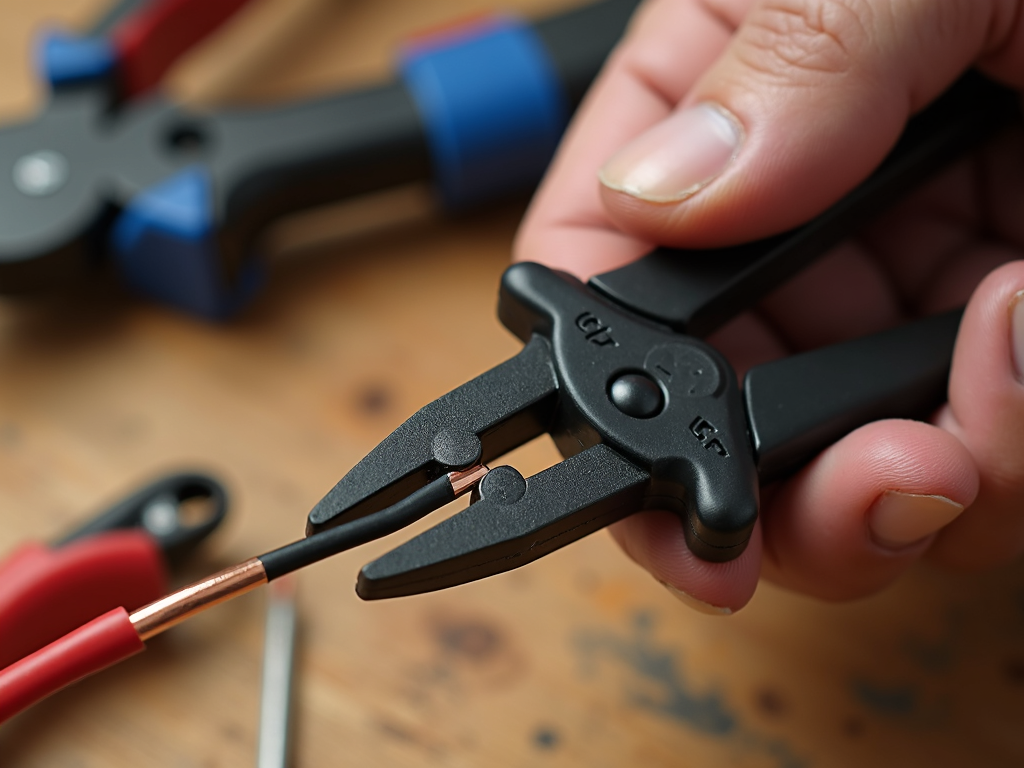When it comes to setting up a functional and efficient workspace, a workbench is an indispensable piece of equipment. Whether you're a seasoned professional or a DIY enthusiast, selecting the right workbench can significantly impact your productivity and the quality of your work. This guide will walk you through the key features to look for in a workbench, ensuring you make an informed decision that meets your specific needs.
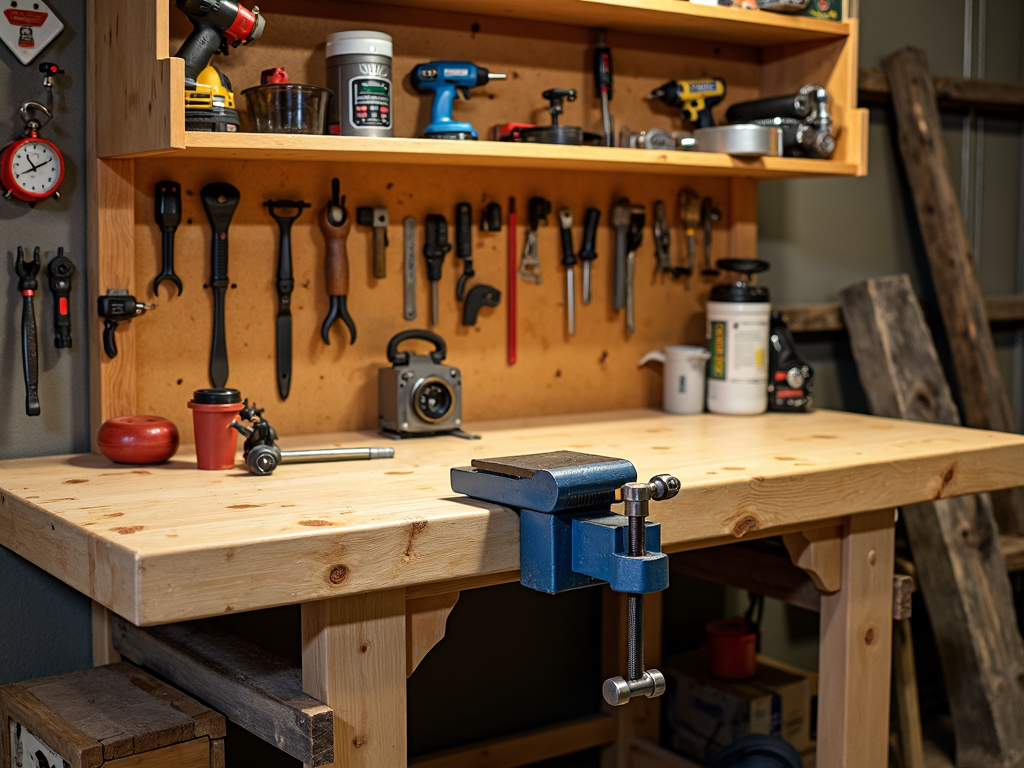
Why a Good Workbench Matters
A workbench is more than just a table; it's the foundation of your workspace. It provides a stable surface for performing tasks, holds your tools and materials, and can even enhance your safety by offering features like non-slip surfaces or built-in clamps. Investing in a quality workbench can save you time, reduce frustration, and improve the overall quality of your projects.
Key Features to Consider
When evaluating workbenches, several features stand out as essential. Here's what you should look for:
1. Durability and Material
The material of your workbench affects its longevity and performance. Common materials include: - Wood: Offers a classic look and is easy to work with but may require more maintenance. - Metal: Provides exceptional durability and is ideal for heavy-duty tasks. - Composite: Combines the benefits of wood and metal, offering a balance of durability and aesthetics.
Consider your typical projects and choose a material that can withstand the demands of your work.
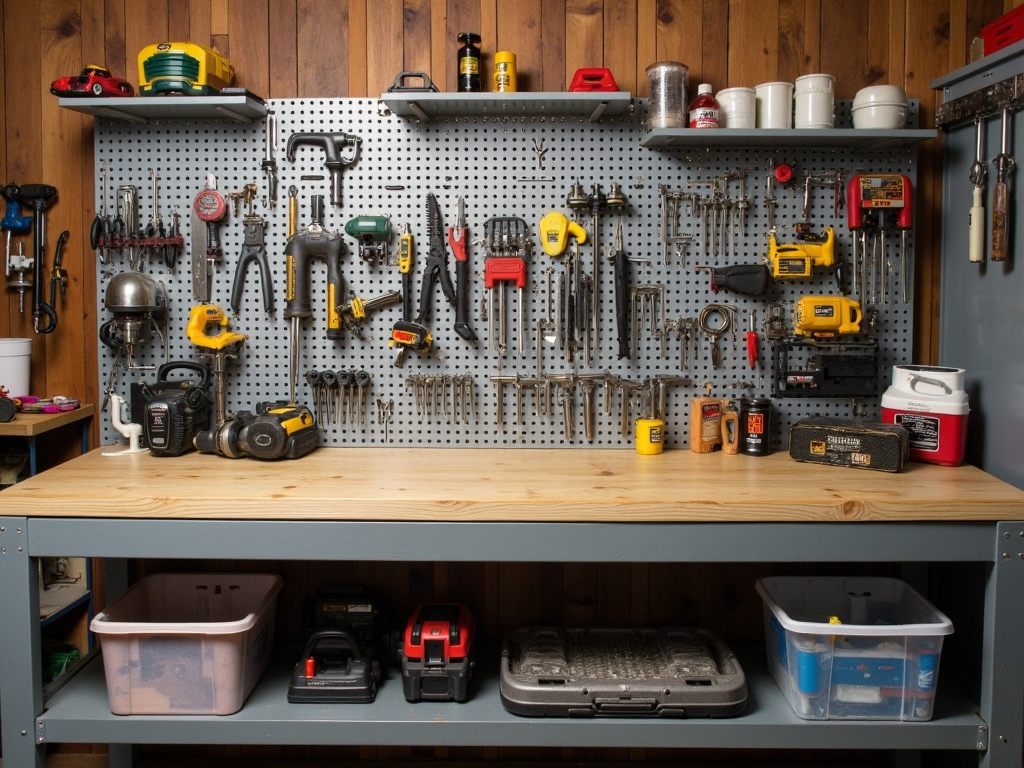
2. Size and Workspace
The size of your workbench should match the scale of your projects and the space available in your workshop. Consider: - Surface Area: Ensure there's enough room to spread out your materials and tools. - Height: A workbench that's too high or too low can cause discomfort or injury. Adjustable height options can be a plus. - Mobility: If you need to move your workbench, look for models with wheels or consider a portable design.
3. Storage Solutions
Efficient storage is crucial for keeping your workspace organized. Look for workbenches with: - Drawers: For storing small tools and accessories. - Shelves: To keep larger items within reach. - Pegboards: Ideal for hanging tools and keeping them visible.
A well-organized workbench can save you time and reduce the risk of losing tools.
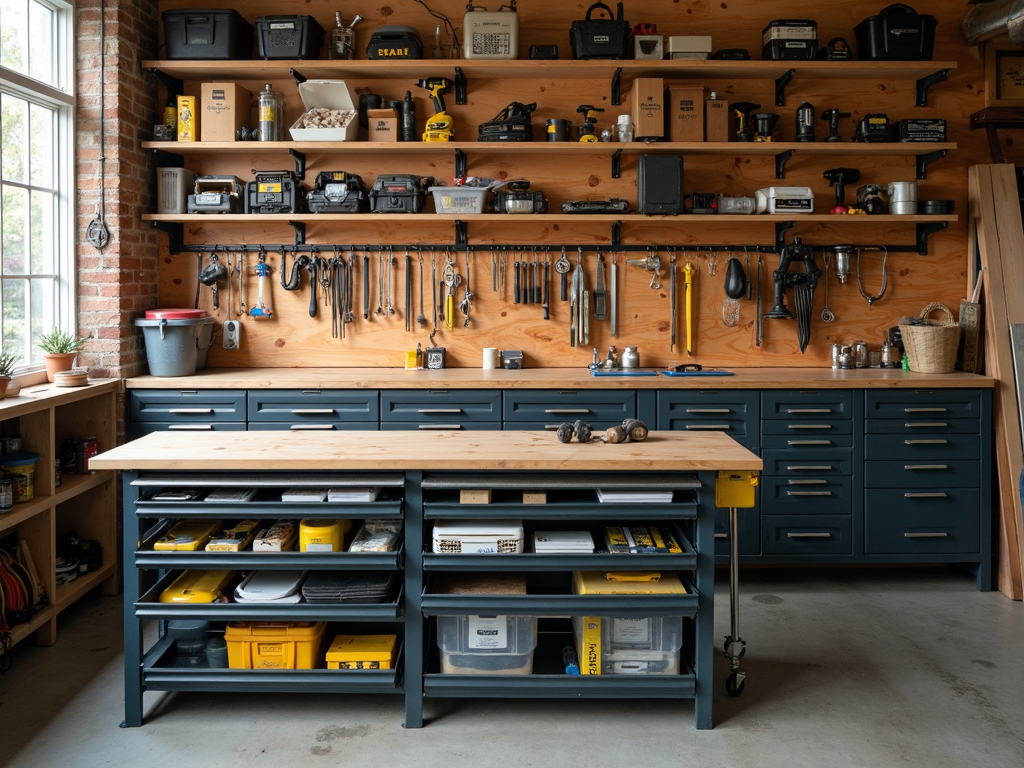
4. Vises and Clamps
Vises and clamps are essential for securing your workpieces. Consider: - Built-in Vises: These are convenient and save space. - Clamp Compatibility: Ensure the workbench can accommodate various clamp types. - Jaw Material: Look for vises with non-marring jaws to protect your projects.
5. Stability and Weight Capacity
A stable workbench is crucial for safety and precision. Check: - Weight Capacity: Ensure it can support the weight of your projects and tools. - Leg Design: Look for sturdy legs with adjustable feet for uneven floors. - Non-Slip Surface: A textured or rubberized surface can prevent materials from sliding.
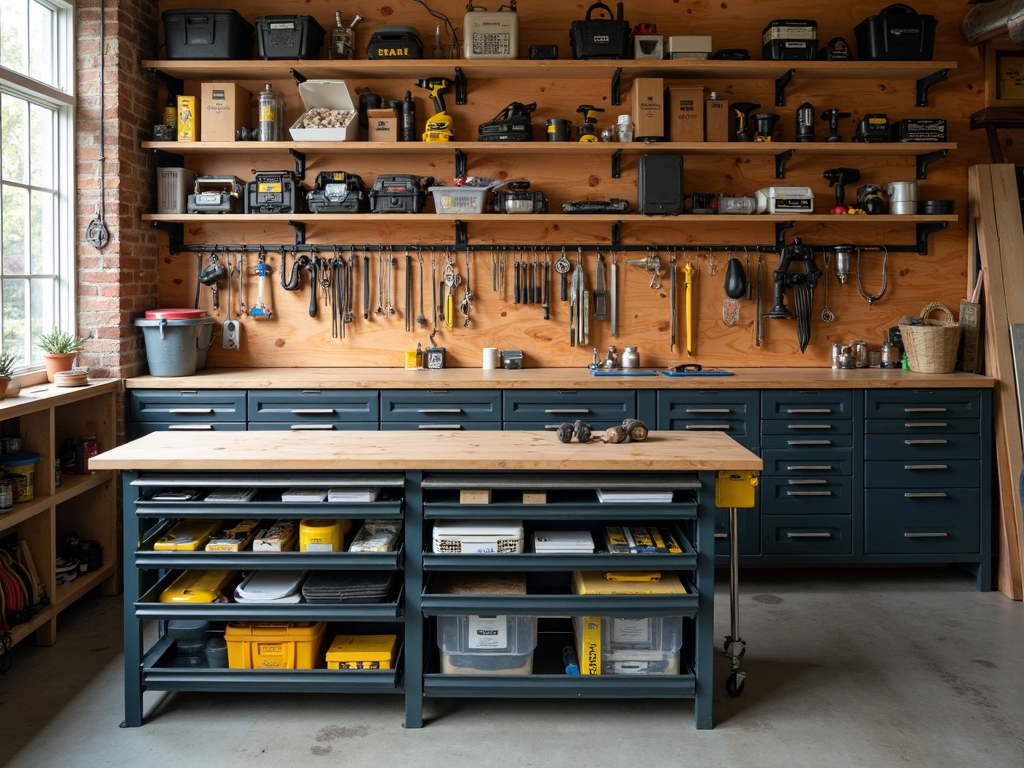
Choosing the Right Workbench for Your Needs
Selecting the perfect workbench involves balancing your specific requirements with your budget. Here are some tips: - Assess Your Projects: Consider the types of projects you'll be working on and the tools you'll need. - Measure Your Space: Ensure the workbench fits comfortably in your workshop. - Set a Budget: Determine how much you're willing to spend and look for the best value within that range. - Read Reviews: Look for feedback from other users to gauge the quality and performance of different models.
Personal Insights
As someone who has spent countless hours in the workshop, I can attest to the importance of a good workbench. My first workbench was a simple wooden table, but as my projects grew more complex, I realized the need for a more robust setup. Investing in a metal workbench with ample storage and a built-in vise transformed my workspace. It not only improved my efficiency but also made my projects more enjoyable.
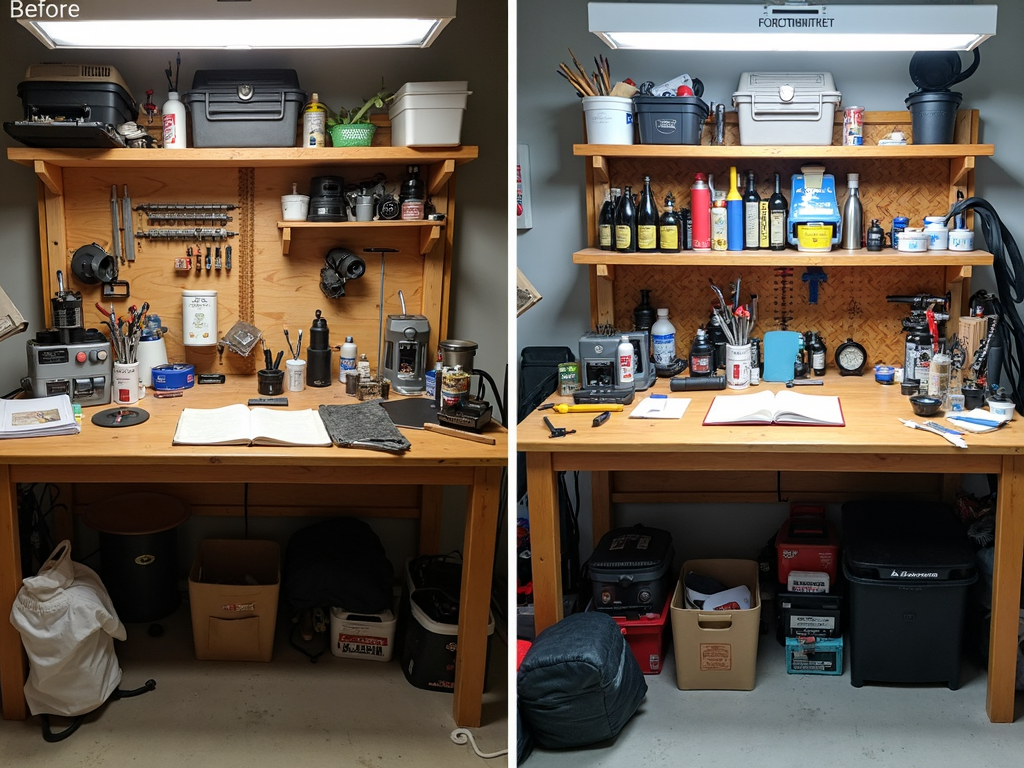
Summary
Choosing the right workbench is a critical decision for any craftsman or DIY enthusiast. By focusing on key features like durability, size, storage, vises, and stability, you can find a workbench that enhances your productivity and supports your projects. Remember to consider your specific needs and budget, and don't hesitate to invest in quality. A good workbench is an investment in your craft.
Recommended Readings
For more insights into setting up your workshop and choosing the right tools, check out these articles: - How to Organize Your Workshop for Maximum Efficiency - Essential Tools Every Craftsman Should Have - The Ultimate Guide to Workbench Accessories
Related features to look for in a workbench:
- How to Pick the Right Multimeter for You
- Painting Like a Pro: Essential Tools and How to Care for Them
- The Ultimate Guide to Choosing the Right Wrench for Every Job
- Comprehensive Guide to Tool Maintenance and Care Tips
- The Evolution of Workbenches: From Basic to Advanced Designs
- Precision Tools for Every Craftsman: A Comprehensive Guide
- Safety Tips for Workshop Enthusiasts: A Comprehensive Guide
- Types of Hammers for Different Projects: A Comprehensive Guide
- A Guide to Preventing Work-Related Injuries with Ergonomic Tools
- Top 10 Power Tools Every DIYer Needs
- Guide to Extending the Life of Your Hand Tools
- Comprehensive Guide to Electrical Tools: Everything You Need to Know
